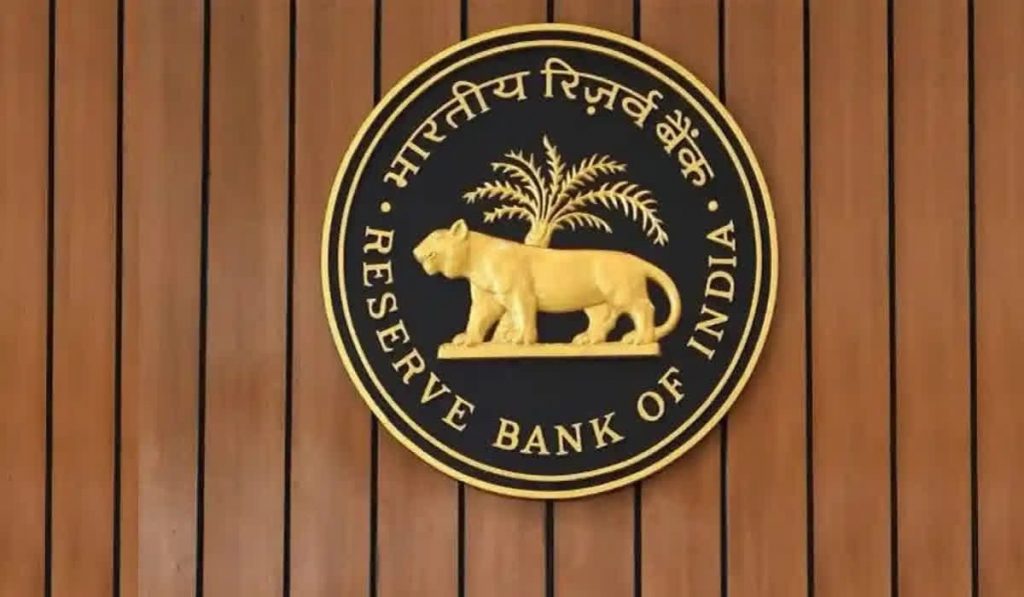New Delhi: The Reserve Bank of India (RBI) may begin lowering interest rates around October, provided that external factors like weather conditions and international commodity prices do not cause any disruptions, the credit rating agency, Crisil said in its report.
It said that the decision of the Monetary Policy Committee (MPC) decision to hold rates in its recent announcement was due to the elevated food inflation
The climate conditions such as weather events are frequently changing and they need to be monitored.
Going ahead, it anticipated that the macroeconomic environment would be better, creating a background for a rate cut.
“The food challenge to a rate cut is expected to ease as agriculture prospects look better than last year. The monsoon has been above normal (7 per cent above the long period average as of August 7), and sowing has picked up across major foodgrains. As agriculture prospects become clearer by September, we expect it to pave the way for a rate cut,” the S&P’s arm added in its report.
In a move reflecting its cautious approach amid ongoing economic uncertainties, the RBI has decided to keep the repo rate unchanged at 6.5 per cent.
The decision to keep the repo rate steady comes amidst persistent concerns about inflation, which remains above the RBI’s target range. The central bank’s commitment to bringing inflation down to its 4 per cent target continues to face challenges due to ongoing food inflation and other economic factors.
Noting a likely uptick in core inflation, the report added that factors such as international freight costs, geopolitical risks to crude oil prices, and hikes in domestic telecom tariffs could affect this indicator.
Anticipating the growth, it added, “The pace of growth of the economy is expected to ease this year, with lower fiscal support as the government pursues fiscal consolidation.”
Announcing the MPC’s decision on August 8, RBI Governor Shaktikanta Das expected the real Gross Domestic Product (GDP) growth of 7.2 per cent for the fiscal year 2024-25.
Governor Das emphasized that the RBI remains vigilant regarding inflationary pressures and will take necessary actions to maintain price stability while supporting the country’s economic recovery. The MPC’s decision reflects a balanced approach, aiming to control inflation without stifling growth.
The adjustments in repo rate have a direct effect on economic growth and job creation. The lower interest rates tend to stimulate economic growth by making borrowing cheaper for businesses.
